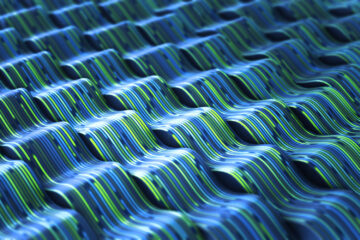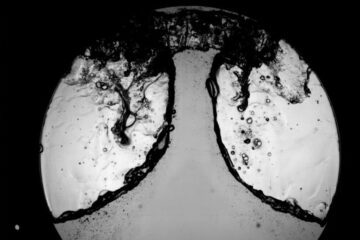Apply for funding to establish a large-scale, multidisciplinary research hub in support of manufacturing, sustainability and net zero.
You must be based at a UK research organisation eligible for EPSRC funding.
Projects should address major, long-term challenges facing manufacturing industries.
- Open
- Grant
- £33,000,000
- £10,000,000 - £11,000,000
- 2 May 2024
-
-
The Metascience Grants Programme funds cutting-edge research into more effective ways of conducting and supporting Research and Development (R&D).
You must be based at a UK research organisation eligible for UK Research and Innovation (UKRI) funding.
- Open
- Department for Science, Innovation and Technology (DSIT), Open Philanthropy
- Grant
- £5,000,000
- £300,000
- 30 April 2024
-
-









